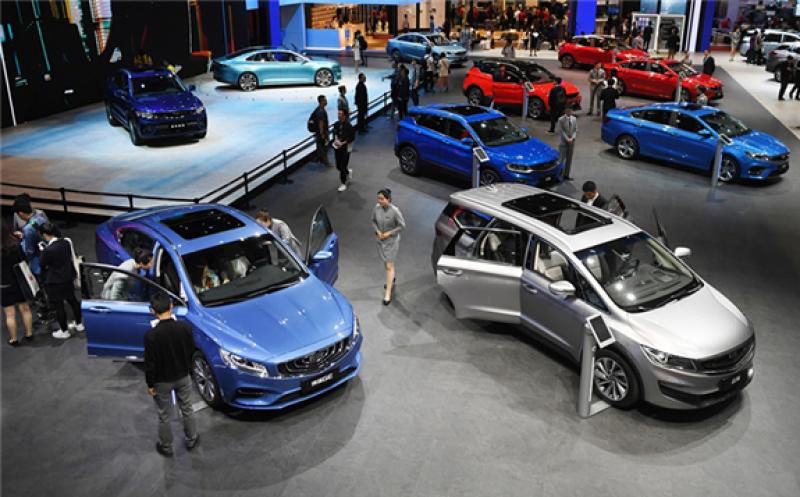Chinese automaker Geely Auto will put more emphasis on electric vehicles (EVs), as Li Shufu, founder and chairman of Geely, announced on Saturday that the company will shift 90 percent of its production to hybrid EVs, and set up a new new-energy vehicle (NEV) factory, according to media reports.

Li reportedly said that the shift of focus was a decision made based on changes in the global auto sector, and Geely will expand its partnerships in electric cars.
The automaker has several partners in its EV initiative. In January, Baidu launched a partnership with Geely Auto, and on Friday, Baidu announced that its joint EV brand with Geely will introduce a new smart EV in the next three years.
China's NEV sector has boomed in recent years, and it has attracted many high-profile companies from traditional auto and internet companies. In 2020, 1.37 million EVs were sold, up 11 percent year-on-year, despite fallout from the COVID-19 pandemic, according to the China Association of Automobile Manufacturers.
Chinese smartphone maker Xiaomi is reportedly planning a foray into EV manufacturing, according to a Chinese media report. Its electric car project will be led by founder and CEO Lei Jun, the report said.
The report added that an early project dubbed "Micar" was launched in 2018 by Xiaomi to explore EV production, and Lei twice visited Tesla founder Elon Musk in 2013 out of an interest in making EVs.
However, according to independent automobile car analyst Feng Shiming, fast-expanding brands in China's market are still facing challenges in their technological development to produce the best quality EVs, and to meet the challenges of international giants such as Tesla.
"The electric car market still has many challenges, such as low performance in cold weather and slow charging. The rapid development of Tesla in China has also squeezed the space for domestic brands," Feng told the Global Times.
China has set a goal that EV sales should account for about one-fifth of total car sales by 2025. To achieve that target, the electric car market would need to grow at least 30 percent each year for the next five years, Feng said.